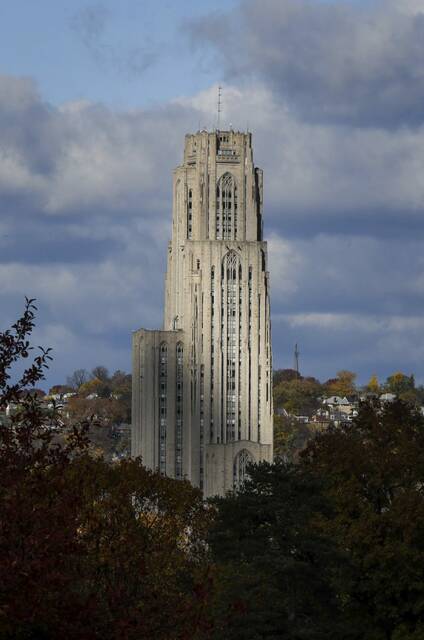Pennsylvania residents should expect a certain degree of openness from the institutions that serve them.
Lawmakers should not just debate legislation openly, but they also should be crystal clear about the funding that keeps them in office. Counties and municipalities should govern in the light of day. School district decisions should be as transparent as glass.
It doesn’t always happen, but it is always the goal. Meetings, records and money should default to being open. Exceptions should be rare and clearly defined.
The four state-related universities always have been a hazy outlier to those rules.
You might think that attending Penn State University means you are attending a school owned and operated by the state of Pennsylvania. The name is deceiving. Penn State, like Pitt, Temple and Lincoln, exists in a muddy middle ground between public and private. They operate with their own boards and without the same demands as the Pennsylvania State System of Higher Education colleges, but they receive state money through annual appropriations.
On Wednesday, lawmakers finally passed a funding package for higher education that gives the schools their money — $603 million among the four and Penn College of Technology, which is a separate institution affiliated with Penn State. Lincoln and Penn College saw increases. Penn State, Pitt and Temple did not as Democrats and Republicans butted heads.
But where they agreed was clear Thursday as Democratic Gov. Josh Shapiro signed another bill into law. This one was unanimously passed by the Senate. Lawmakers want more disclosure from the state-related universities.
The boards and administrations make some of the information, such as trustee meeting minutes and enrollment numbers, public already, but those are voluntary. What is done by concession can be stopped without consequence.
The new law requires more transparency about salaries of the schools’ highest-paid employees, as well as officers and directors, and disclosure of all contracts over $5,000. The universities remain in their open records limbo otherwise.
It is progress. Lawmakers have been pushing for lower tuition at the schools, which are among the highest public (kind of) price tags in the country. The schools have argued for higher appropriations to make that happen.
Better disclosure can help the legislators see the reality of the situation. It may work to the universities’ benefit. And both lawmakers and the public — especially students and parents — deserve to know what is driving the high cost of college.








